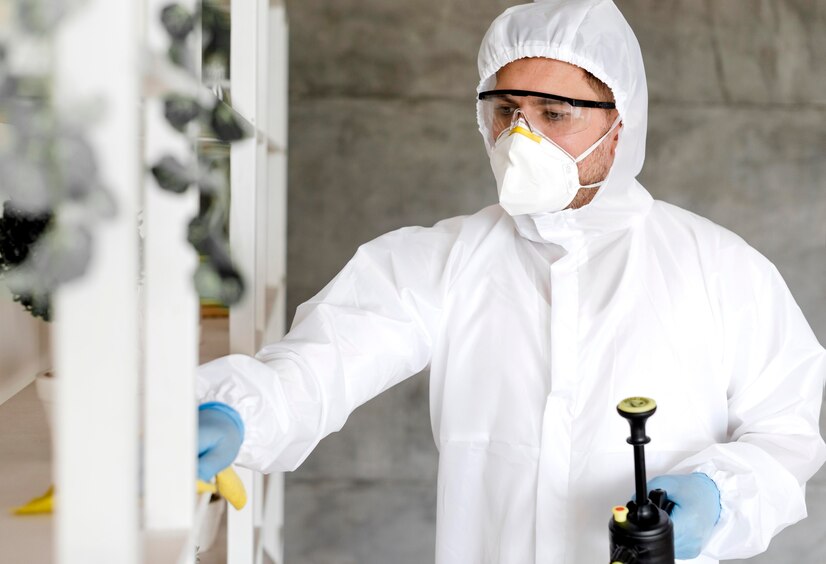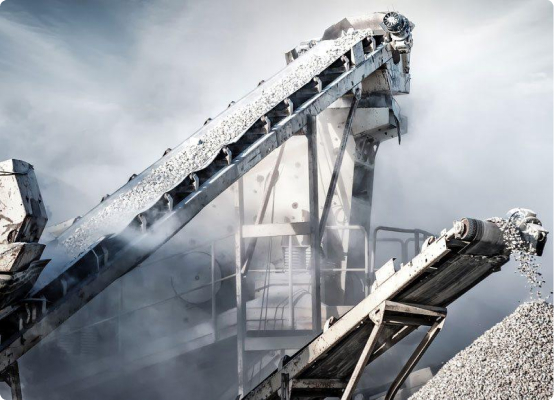Pest control is vital for maintaining a healthy, safe environment, whether in homes or commercial spaces. Effective management of pests protects property and health, preventing the spread of diseases. Professional pest control services play a crucial role in tackling infestations, employing a range of techniques to deliver long-lasting solutions.
The Importance of Pest Control
Pests, including insects like ants, termites, and mosquitoes, as well as rodents and birds, can cause significant harm and pose serious health risks. For example, rodents can chew through electrical wiring, increasing fire hazards, while mosquitoes are known carriers of diseases such as malaria and dengue. Cockroaches and rats can contaminate food supplies, leading to food-born illnesses.
Maintaining hygiene standards, especially in hospitals, restaurants, and food processing facilities, is crucial, and pest control is a key component of that effort. Additionally, safeguarding the structural integrity of buildings and infrastructure is another critical aspect. This underscores the necessity of professional pest control services that offer comprehensive and targeted solutions.
Why Professional Pest Control Services Are Essential
Professional pest control services offer distinct advantages over DIY approaches. Here are several reasons why hiring professionals is the better option:
- Expert Knowledge and Training: Professional pest control technicians are trained to identify different types of pests and understand their behaviors and breeding patterns. This expertise allows them to implement the most effective treatment plans tailored to specific infestations.
- Advanced Techniques and Equipment: Professionals have access to advanced equipment and techniques that the general public typically does not. These include high-powered sprayers, fumigation tools, and other specialized devices that ensure thorough and effective treatment.
- Integrated Pest Management (IPM): Many professional services follow Integrated Pest Management (IPM) principles, an eco-friendly approach that combines biological, physical, and chemical methods to control pests. IPM emphasizes long-term prevention and minimal environmental impact.
- Safety Measures: Handling pesticides and other pest control chemicals can be hazardous. Professionals are trained in the safe application and disposal of these substances, reducing the risk of exposure to harmful chemicals for residents and pets.
- Preventive Measures and Follow-Up: Effective pest control is not just about eradicating existing pests but also about preventing future infestations. Professionals offer comprehensive plans that include preventive measures and regular follow-up visits to ensure pests do not return.
Common Pest Control Techniques
Professional pest control companies use various methods depending on the pest type and infestation severity. Some common techniques include:
- Chemical Control: The use of pesticides and insecticides is a common method. Professionals have access to a wider range of effective and regulated chemicals, ensuring safe and targeted application.
- Biological Control: This method involves using natural predators or pathogens to control pest populations. For instance, ladybugs are introduced to manage aphid populations in gardens.
- Mechanical Control: Physical methods such as traps, barriers, and electronic devices capture or repel pests. Examples include rodent traps, fly screens, and ultrasonic repellents.
- Cultural Control: This strategy involves modifying the environment to make it less conducive to pest infestation. Practices include proper waste management, sealing entry points, and maintaining cleanliness.
- Fumigation: Used for severe infestations, fumigation involves filling an enclosed space with gaseous pesticides to exterminate pests.
Case Studies: Success Stories of Professional Pest Control
To illustrate the effectiveness of professional pest control services, consider these success stories:
- Residential Rodent Infestation: A family faced a severe rodent problem, with rats infesting their kitchen and basement. Professional pest controllers conducted a thorough inspection, identifying entry points and nesting areas. They implemented a multi-step process involving bait stations, traps, and sealing entry points. Regular follow-ups ensured the problem was completely eradicated, and preventive measures were put in place to avoid future infestations.
- Commercial Cockroach Infestation: A restaurant faced a cockroach infestation that threatened its operations and reputation. Professional exterminators used a combination of gel baits, insect growth regulators, and thorough cleaning protocols to eliminate the infestation. Continuous monitoring and maintenance plans were established to ensure the restaurant remained pest-free, thereby protecting its patrons and maintaining hygiene standards.
Conclusion
Pest control is essential for protecting health, property, and the environment. Professional pest control services provide expertise, advanced techniques, and comprehensive solutions far more effective than DIY methods. By employing professionals, residential and commercial property owners can ensure a safe, pest-free environment, safeguarding their investments and well-being. As the saying goes, prevention is better than cure, and with professional pest control, long-term prevention and management of pests are assured.
For effective pest management, contact a professional pest control service today to protect your home or business from unwanted invaders.







